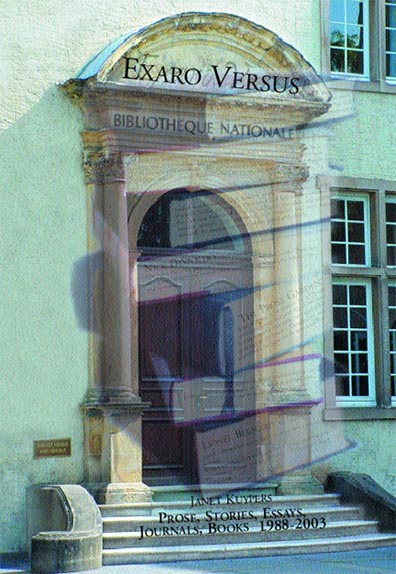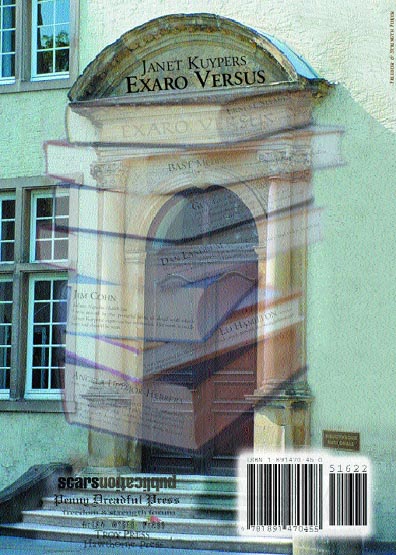
Angeline Hawkes-Craig
Everything in life is a journey. The journey to self-discovery. The journey of love. The journey of survival.
In all facets of life’s journey, people must make decisions. Decisions that will choose the next path to be traveled. Some of those paths lead to new and better experiences. Sometimes the traveler falls off of the path and the journey becomes arduous, perhaps chaotic, perhaps doomed.
In O. Henry’s “Roads of Destiny”, his character David Mignot is thrust into a cyclical journey that emphasizes the notion that no matter what path a person takes in life—the end result—that person’s fate—will always be the same. O. Henry’s own journey was marred by alcoholism and prison incarceration, but he managed to write over 300 tales that gave him a lasting literary legacy. Is fate predetermined? Are we just cogs in some invisible master’s great machinery—all grinding and turning—just serving out our mediocre existences as parts of “a larger plan”? Can we control our destinies?
All journeys must have a destination. A jumping off point. An end result. Is death that moment of arrival—or departure? If so—is the journey of life solely about death and how we get there? Should we fear it—or embrace it? In The Written Word, Janet Kuypers writes, “You can’t let the thought of death kill you.” Can we live without the constant reminder of death? From the moment of birth, everyone begins to age, to grow, to travel one step closer to the end of the line. Can a journey be made without a thought of the conclusion, the end of the trip? Are there truly those individuals who live in the moment, taking one day at a time, never thinking of the future or what it might hold? I have never encountered such a person—some thought of tomorrow must be formulated in order to get through the present day.
Journeys. A journey of a few written words on paper dancing into a vivid image—and then into a unified collection. From a sentence to a book, the written word expands and travels bringing the reader along for the ride. A journey of whom you are—and how you got there—how you became that person. And, when you reach the journey’s end and look back upon the distance traveled, can you say as Kuypers says in “Seeing Things Differently”, “Everything looks different now?” Isn’t that discovery part of the journey? What sort of journey have you taken if you get to the end and everything is the same?
Life is a journey—of youth to old age—of ignorance to knowledge. Whether it is a journey to old gas station restrooms—or to the splendor and romance of Paris, France. Whether it is a journey to the hellish remnants of the concentration camp at Dachau, Germany—or to the crowning glory of the spirit of creativity at the Louvre—the journey of life encompasses change and demands evolution.
Kuypers writes, “So I now embrace change with open arms, I welcome it into my life, and I keep my eyes focused on the future, to make the best out of what I have…in order to face the challenges I give myself in the…lifetime to come.” That lifetime is the journey. We cannot control each bump or pothole in life’s road. Sometimes we don’t even get to choose which path to travel—but all of us are in control of how we ultimately make that journey—of how we get to the end. Will you fight or will you run? Will you fade away or will you survive? Will you cower and cave into the pressures and burdens along the way—or will you stand strong, believing there must be a greater purpose to life; there must be a raison d’etre.
The journey is yours. Bon Voyage!
Angeline Hawkes-Craig
Author of The Swan Road
and Momento Mori
August 1, 2003
(Kuypers) did a great job on it all, amazing collection and not just from a travel book perspective. I think the book gives a good insight into the complexities of the human character when confronted with grief and disappointment and in recovery and pursuit of goals/dreams. I thought it was great!
![]()
![]()
![]()

